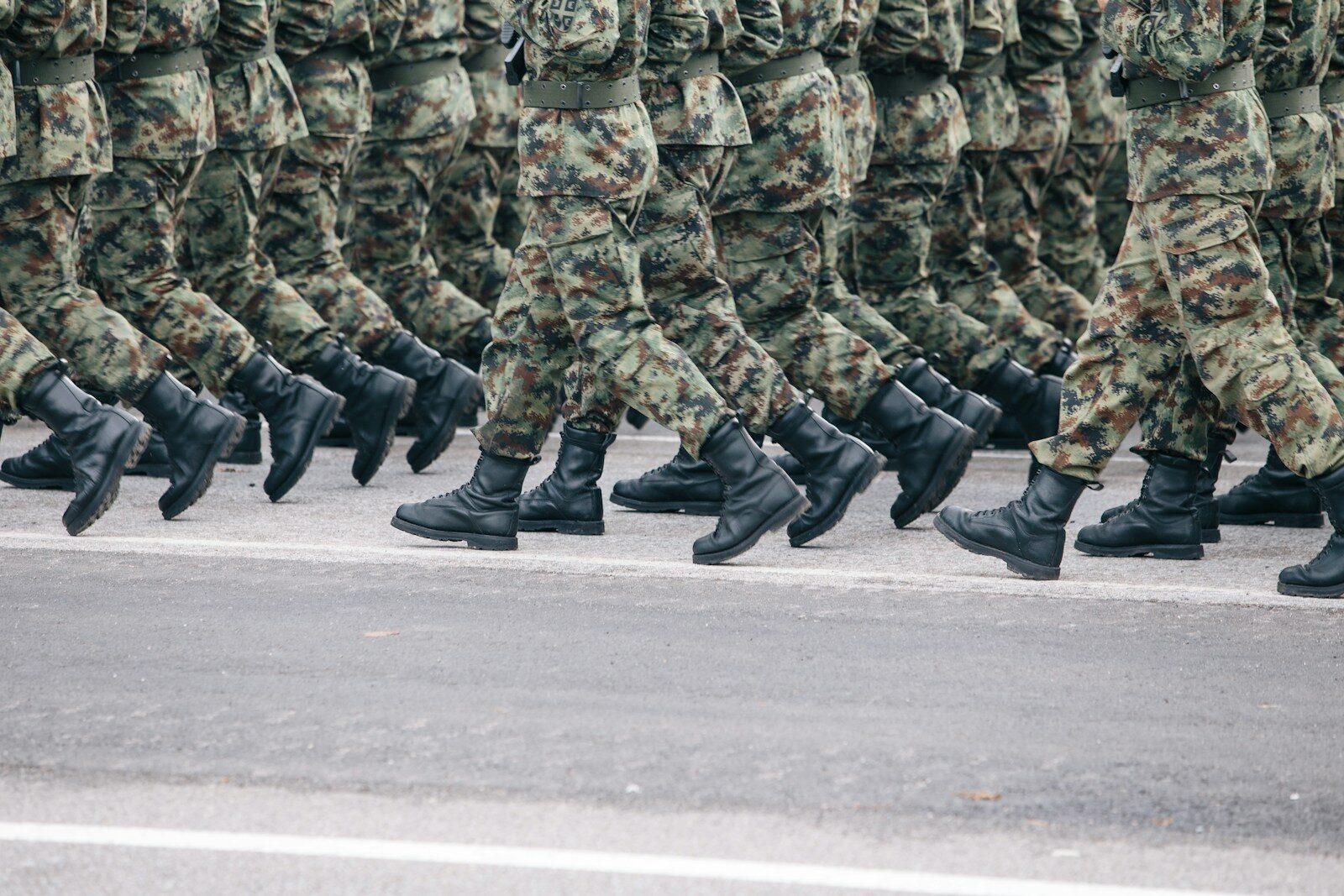Canada is set to significantly increase its defense spending, marking the largest boost since World War II. Prime Minister Mark Carney announced that Canada will meet NATO’s 2% GDP military spending target this fiscal year, seven years ahead of the previously planned 2032 timeline. This decision is driven by a desire to enhance Canada’s own security rather than merely meet NATO figures. The C$9.3 billion (US$6.8 billion) hike in defense spending will fund new military equipment, including submarines, aircraft, ships, and Arctic monitoring technologies. (ft.com )
The decision to accelerate defense spending comes in response to sustained criticism from U.S. President Donald Trump, who has accused Canada of failing to meet its NATO obligations and controversially suggested Canada become the 51st U.S. state. Carney emphasized that the decision is driven by a desire to enhance Canada’s own security rather than merely meet NATO figures. (ft.com )
This increase in defense spending has significant implications for Canada’s international relations. By meeting the NATO spending target ahead of schedule, Canada strengthens its position within the alliance and demonstrates a commitment to collective security. Additionally, reducing reliance on U.S. defense procurement allows Canada to pursue a more autonomous defense strategy and diversify its international partnerships. (apnews.com )
The increased defense budget will also have a substantial impact on the Canadian economy. Investments in military equipment and infrastructure are expected to create jobs and stimulate economic growth. For instance, major procurement initiatives such as the National Shipbuilding Strategy have directly benefited Canadians by contributing $17 billion to the economy since 2012 and creating or maintaining over 15,500 Canadian jobs annually between 2012 and 2022. (canada.ca )
Canada’s decision to significantly increase defense spending reflects a strategic shift towards enhancing national security, reducing dependence on the U.S., and fulfilling international commitments. This move is expected to have wide-ranging implications for Canada’s military capabilities, international relations, and economic growth.




